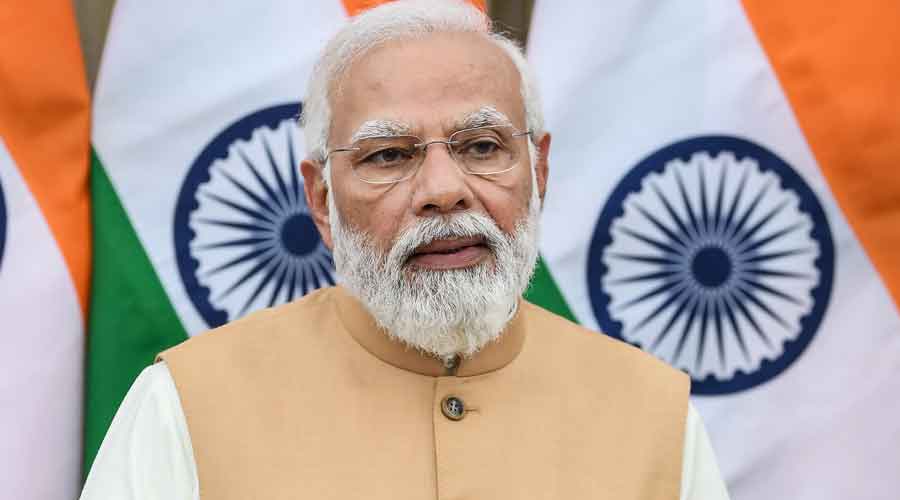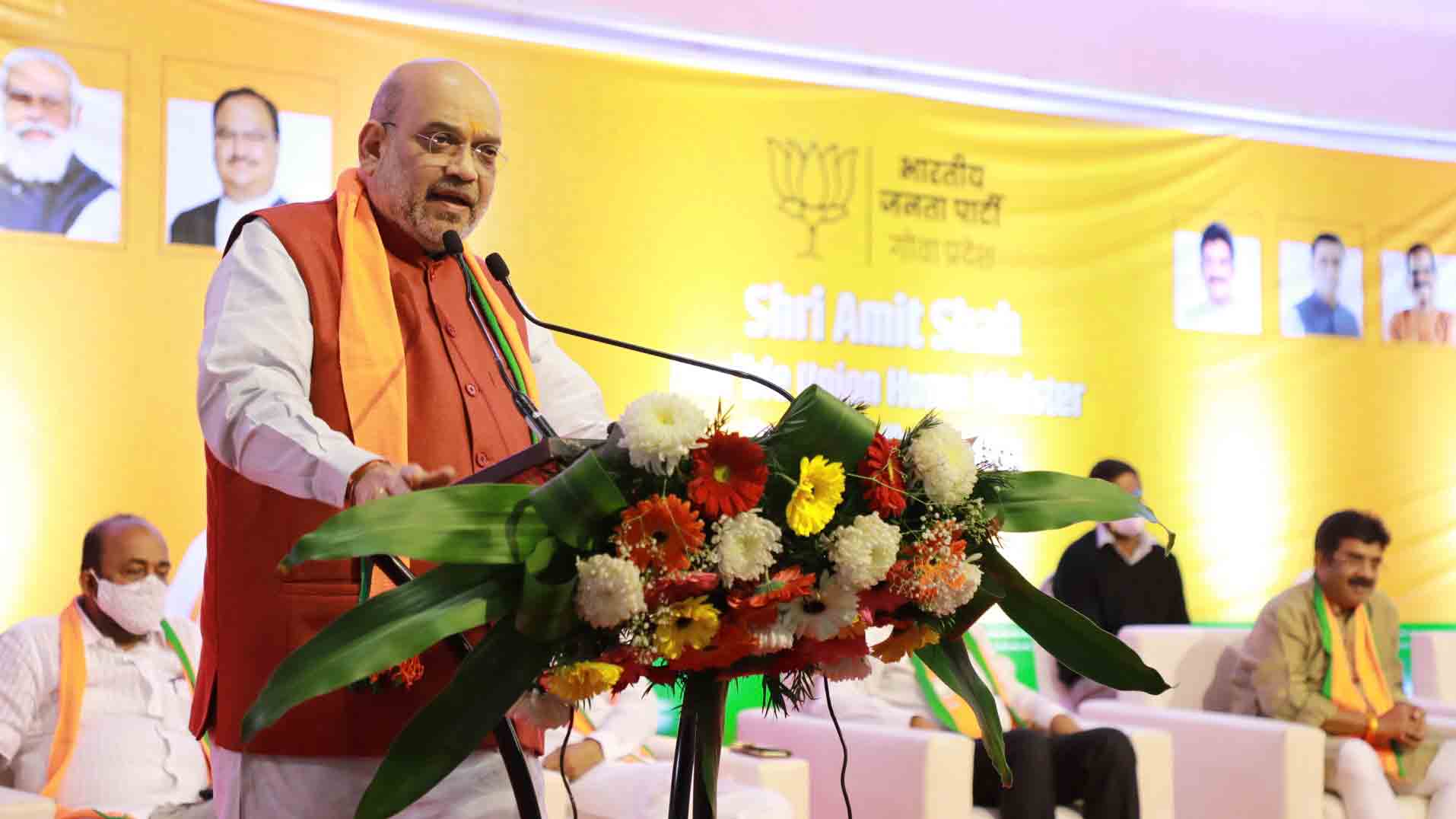The Narendra Modi government wants to introduce a brave new world in taxation — and affirmed its intention to “establish a trustworthy tax regime”.
The idea is to simplify the tax system, promote voluntary compliance by taxpayers and reduce litigation.
Finance minister Nirmala Sitharaman took what she termed as “an affirmative step in the direction of voluntary tax compliance” by unveiling a system that will allow a taxpayer to update his return within 24 months from the end of the assessment year to correct any errors or omissions in the original filing.
The new Section 139 (8A) seeks to — as Sitharaman says — repose trust in the taxpayer.
But the devil is in the fine print.
The option to update an error-filled tax return will not be available if the taxman has conducted a search under Section 132 or requisitioned books of accounts and other documents or any asset under Section 132A.
It will also not help a taxpayer wriggle out of a tight corner if he has been subjected to a survey under Section 132A or received a notice pursuant to a seizure of money, bullion, jewellery or any other valuable article or thing.
If the updated return is filed within one year from the end of the assessment, the taxpayer will have to fork out an additional tax of 25 per cent. If the new return is filed after one year but before the end of the second year, the additional tax will go up to 50 per cent.
The provision will apply from the current financial year and will be relevant to the assessment year 2022-23. The self-assessment tax and additional tax shall be payable before filing the updated return.
Taxpayers were expecting a higher income tax exemption limit and the re-orientation of slabs in the expectation of a reduced tax liability. They were badly disappointed.
There are 84 amendments to the Income Tax Act alone. While going through the fine print, we found that some provisions could create hassles for taxpayers.
Annuity for disabled person: At present, under Section 80DD, a tax deduction is allowed only if the payment of annuity or lump sum amount is made to the benefit of the dependant in the event of the death of the individual or the member of the Hindu Undivided Family (HUF) in whose name subscription to the scheme has been made.
The government awoke to the harsh fact that there could be cases where handicapped dependants may need payment of annuity or lump sum even during the lifetime of their parents/ guardians.
In order to remove this genuine hardship, the finance minister has proposed to allow the deduction also during the lifetime of the individual or the member of the HUF in whose name subscription to the scheme has been made and where payment or deposit has been discontinued. The rider is that this individual should have attained the age of 60 years or more.
The amendment is in line with the decision in writ petition No. 1107 of 2017 Ravi Agrawal versus Union of India and Another. It will take effect from the financial year 2022-23.
Covid death: On June 25, 2021, the finance ministry had announced that income tax should not be charged on the amount received by a taxpayer for medical treatment from an employer or from any person for treatment of Covid-19 during FY 2019-20 and subsequent years.
It was further announced that in order to provide relief to the family members of such a taxpayer, say X, income-tax exemption shall be provided to ex gratia payment received by family members of X from the employer or from another person on the death of X on account of Covid-19 during FY 2019-20 and subsequent years.
It was stated that the exemption shall be allowed without any limit for the amount received from the employer and the exemption shall be limited to Rs 10 lakh in aggregate for the amount received from any other persons.
The government has now proposed to amend Section 17(2) and Section 56(2) to give legal effect to the said announcement. The amendments will take effect retrospectively from the assessment year 2020-21 and subsequent assessment years.
The author is a Calcutta-based tax advocate and the views are personal. He can be reached at npjainadv@gmail.com












